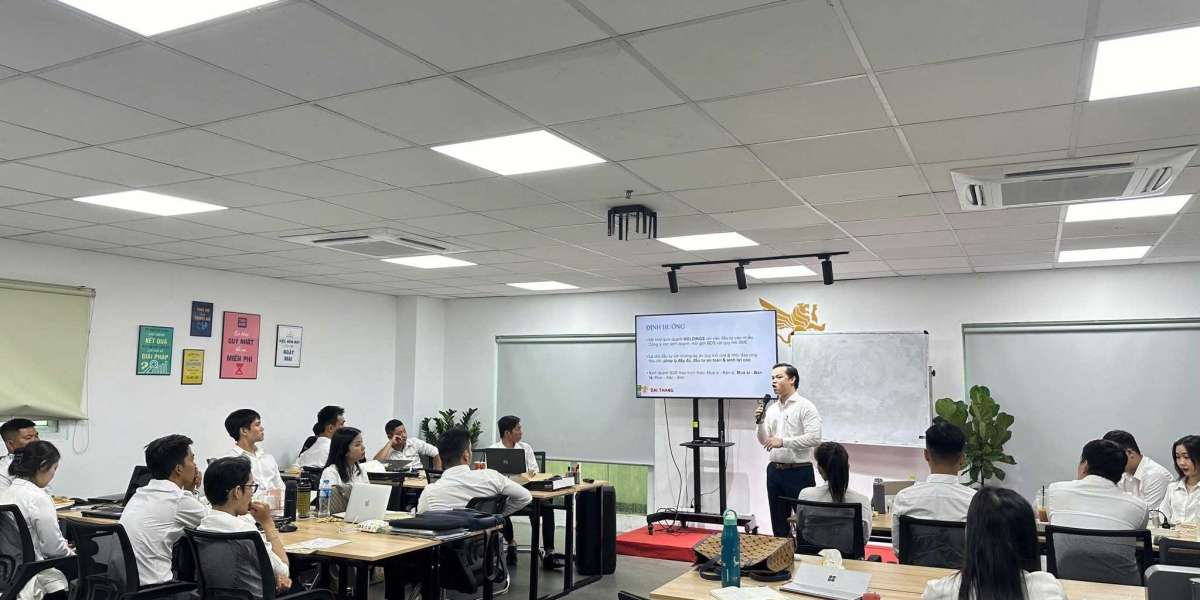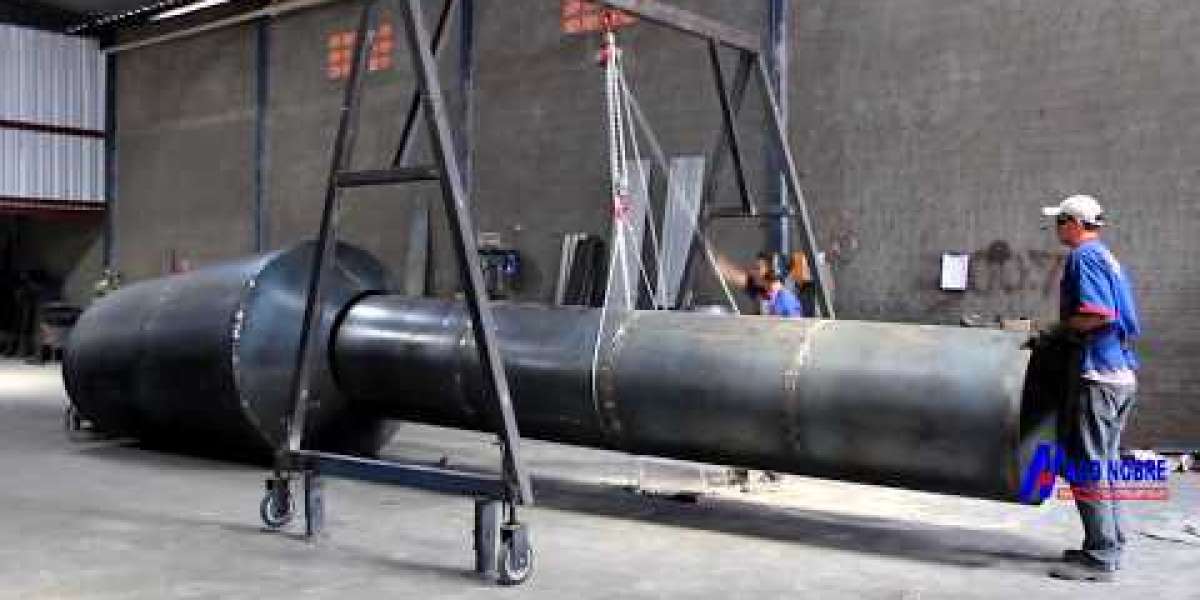Lower-cost AI tools could improve jobs by providing more employees access to the technology.
- Companies like DeepSeek are establishing low-cost AI that could help some employees get more done.
- There could still be threats to employees if companies turn to bots for easy-to-automate tasks.
Cut-rate AI may be shocking market giants, however it's not likely to take your task - a minimum of not yet.

Lower-cost methods to establishing and training expert system tools, from upstarts like China's DeepSeek to heavyweights like OpenAI, will likely enable more individuals to latch onto AI's productivity superpowers, market observers told Business Insider.

For many employees worried that robots will take their jobs, that's a welcome development. One scary prospect has been that discount rate AI would make it easier for employers to swap in inexpensive bots for pricey people.
Obviously, that might still happen. Eventually, the technology will likely muscle aside some entry-level workers or those whose roles mostly include repetitive tasks that are easy to automate.
Even greater up the food cycle, staff aren't necessarily devoid of AI's reach. Salesforce CEO Marc Benioff stated this month the company may not hire any software application engineers in 2025 because the firm is having a lot luck with AI agents.
Yet, broadly, for lots of employees, lower-cost AI is most likely to broaden who can access it.
As it ends up being more affordable, it's much easier to integrate AI so that it becomes "a sidekick instead of a danger," Sarah Wittman, an assistant professor asteroidsathome.net of management at George Mason University's Costello College of Business, informed BI.
When AI's cost falls, she said, "there is more of a prevalent approval of, 'Oh, this is the method we can work.'" That's a departure from the mindset of AI being an expensive add-on that employers might have a tough time validating.
AI for all
Cheaper AI could benefit workers in locations of a service that often aren't seen as direct income generators, Arturo Devesa, chief AI designer at the analytics and information company EXL, informed BI.
"You were not going to get a copilot, possibly in marketing and HR, and now you do," he stated.
Devesa stated the path revealed by companies like DeepSeek in slashing the cost of developing and executing big language models alters the calculus for companies deciding where AI might settle.
That's because, for the majority of big business, such determinations factor in expense, precision, and speed. Now, with some expenditures falling, the possibilities of where AI could show up in a workplace will mushroom, Devesa said.
It echoes the axiom that's all of a sudden everywhere in Silicon Valley: "As AI gets more effective and available, we will see its usage skyrocket, turning it into a commodity we simply can't get enough of," Microsoft CEO Satya Nadella composed on X on Monday about the so-called Jevons paradox.
Devesa said that more efficient employees will not necessarily decrease need for people if companies can establish brand-new markets and users.atw.hu new sources of income.
Related stories
AI as a commodity
John Bates, CEO of software business SER Group, told BI that AI is becoming a commodity much quicker than anticipated.
That implies that for jobs where desk employees might require a backup or someone to verify their work, affordable AI may be able to step in.
"It's great as the junior knowledge worker, the important things that scales a human," he stated.
Bates, a former computer system science teacher at Cambridge University, genbecle.com stated that even if an employer already prepared to utilize AI, the minimized costs would enhance return on financial investment.
He likewise said that lower-priced AI could provide little and setiathome.berkeley.edu medium-sized companies easier access to the technology.
"It's just going to open things as much as more folks," Bates stated.
Employers still require human beings
Even with lower-cost AI, people will still have a location, stated Yakov Filippenko, CEO and founder of Intch, which helps experts find part-time work.
He said that as tech companies complete on price and drive down the expense of AI, lots of employers still won't aspire to eliminate workers from every loop.
For instance, Filippenko stated companies will continue to require designers since somebody needs to validate that brand-new code does what an employer wants. He stated companies hire recruiters not simply to finish manual work; bosses also desire an employer's viewpoint on a candidate.
"They pay for trust," Filippenko said, referring to employers.
Mike Conover, CEO and creator of Brightwave, a research platform that uses AI, informed BI that a good chunk of what individuals perform in desk jobs, in specific, consists of jobs that could be automated.
He stated AI that's more widely offered because of falling expenses will permit human beings' creative abilities to be "maximized by orders of magnitude in regards to the sophistication of the problems we can solve."
Conover thinks that as prices fall, AI intelligence will likewise spread out to even more locations. He said it's akin to how, decades earlier, the only motor in a vehicle may have been under the hood. Later, as electrical motors shrank, they appeared in places like rear-view mirrors.
"And now it's in your toothbrush," Conover stated.
Similarly, Conover said omnipresent AI will let professionals develop systems that they can customize to the needs of jobs and workflows. That will let AI bots handle much of the dirty work and allow employees ready to explore AI to handle more impactful work and maybe shift what they have the ability to concentrate on.









